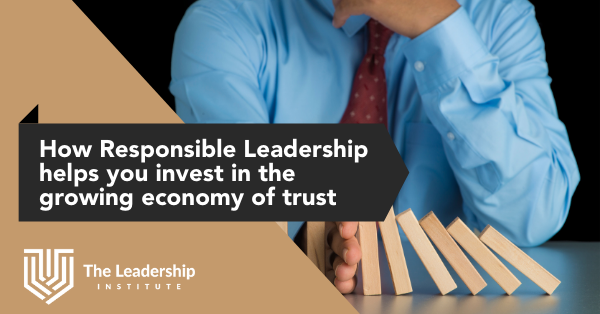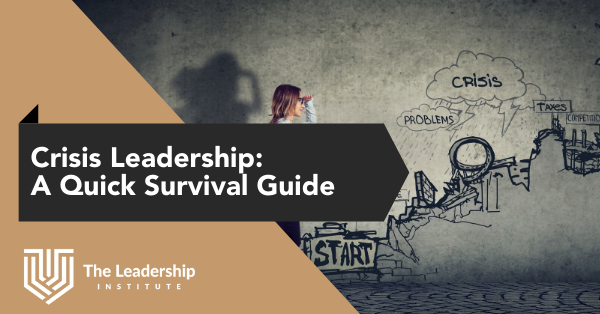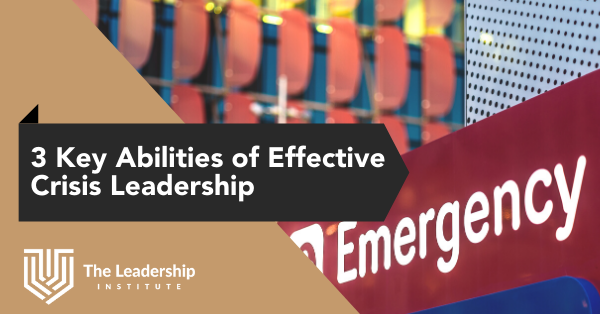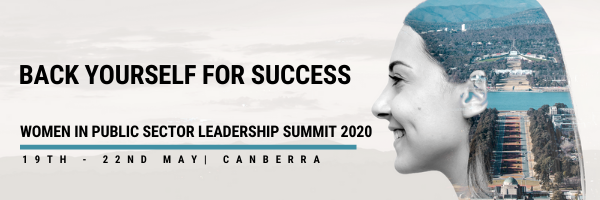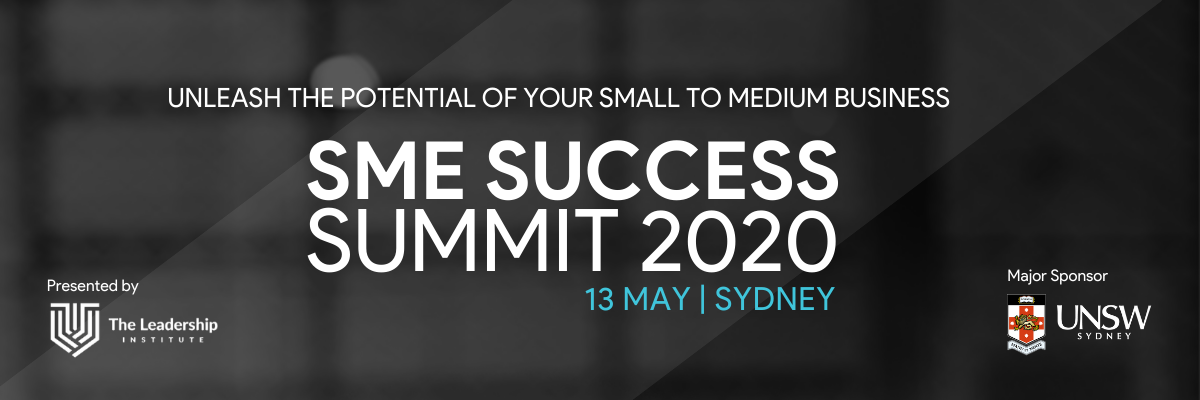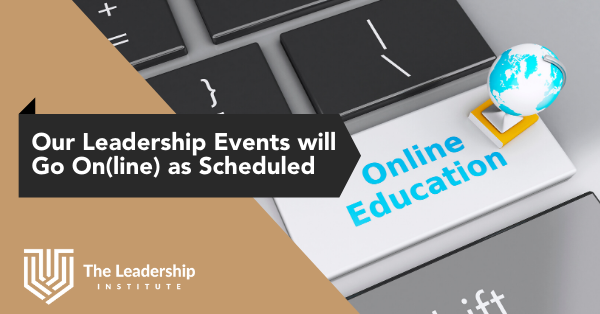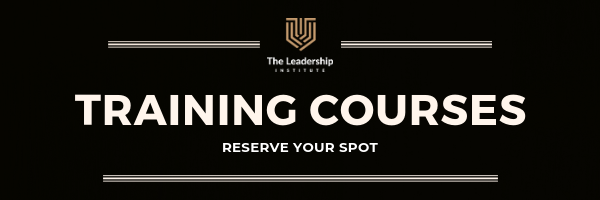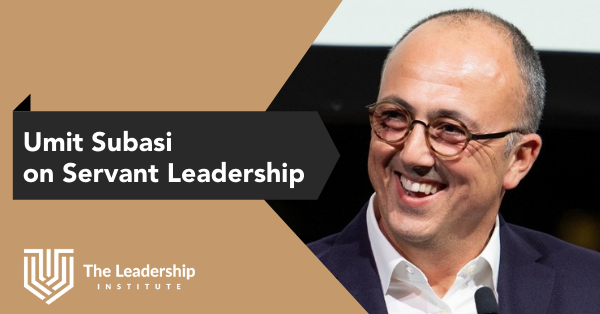The economy of trust is difficult to define.
Traditional leadership avoids putting time and effort into trust. It was instead palmed off to the PR team or marketing department, discarded as an afterthought in the ‘nice to have’ pile, and not prioritised as having an impact on the all-important bottom line.
Fast-forward to 2020 and press play just in time for a global pandemic. Trust isn’t now only a commodity that’s needed to attract increasingly jaded and more informed consumers – it’s a requirement for the fulfilment of practically any organisation’s key remit.
Look at Rio Tinto and how their lack of trust from the Indigenous community has disrupted their business process. Leadership heads rolled en masse, including the now infamous resignation “by mutual agreement”of CEO Jean-Sebastien Jacques.
Look at the banks. Some of the biggest fines in corporate Australian history have been handed out to two of the big four banks in just the last 24 months. All of them, as is well publicised, for a blatant and wilful disregard of compliance processes “from the top down”. That’s a nice way of saying leadership knew what the problems were and did not take responsibility for the solutions – culminating over $2 billion worth of fines since 2018 alone.
Look at State and Federal Government leadership. As recent months show, it’s a lot harder for governments to get policy buy-in from an untrusting public. Especially for extraordinary measures such as lockdowns or travel bans.
Millennials now make up the largest cohort in history. Not only are they the future of work, many boast an impressive disposable income and dictate with their wallets which organisation thrives and which dies. And ignore them at your peril – 62% of millennials want to work for an organisation that makes a positive societal impact and 53% said they would work harder if they knew they were making a difference to others. Attracting talent should not be the only consideration for adopting a leadership model that incorporates trust.
We all know technology is changing almost every business vertical in some way, and leadership is not immune. Stakeholders and customers alike are questioning the ethics and leadership of who they do business with – in ways never experienced before. Customers are putting their money where their values are, they are being more vocal about it as well. Social enterprises are emerging and succeeding because consumers want to make a difference and have an impact on the future of the planet. Organisations that don’t recognise this and direct their leadership accordingly will do so at their peril.
This places extraneous pressure on leaders who not only need to deliver on traditional profitability and shareholder value in the short term, they also need to consider and deliver on innovation, long term good will, societal impact, and most importantly, trust.
–
At the upcoming 4th Women In leadership Summit, delivered virtually for obvious reasons, keynote speaker and CEO of leadership consultancy Solutions2You, Cathy Dimarchos, will discuss just this.
The simple answer is adopting the tenants of responsible leadership. As Cathy will tell you,
“Our actions today will determine our future. Be part of the change you so desperately want to see in others.”
But what is responsible leadership? Put simply, it’s the next step in authenticity and consists of the following*:
1. Stakeholder Inclusion: ensuring that decisions are made with the stakeholder in mind both internal and external and ensuring that internal stakeholders are made to feel included.
2. Emotion & Intuition: Ensuring that your leadership is wholly human and emotional, showing your vulnerable, compassionate empathetic and open self.
3. Mission & Purpose: Ensuring that your goals are clear and understandable by all and ensuring they are upheld by each and every decision you and the organisation make.
4. Technology & Innovation: Ensuring innovation adds value to both the organisation and the customer and that it aligns to the mission and purpose of the organisation. Ensuring the organisation is not left behind and internal customers and provided with the L&D required to stay current.
5. Intellect & Insight: creating and improving on continuous learning and growth by harnessing diversity in education and learning.
Why must organisations think deeply about responsible leadership? Why must You?
Short term thinking and actions backfire. We’ve seen it too many times in 2020 alone.
The organisations we are starting to see succeed – the organisations of beyond 2020, will be both responsible and profitable. One will feed into the other. This should be the priority of leadership going into 2021.
And luckily, it’s a leadership style that is more intrinsic and natural to women.
Learn more about responsible leadership and how you can be the change you want to see in your organisation and beyond by tuning into Cathy’s session at the upcoming 4th Women In leadership Summit, delivered virtually on October 21st – 22nd, 2020.
You can also learn more about Cathy and Solutions2you by visiting www.solutions2you.com.au
